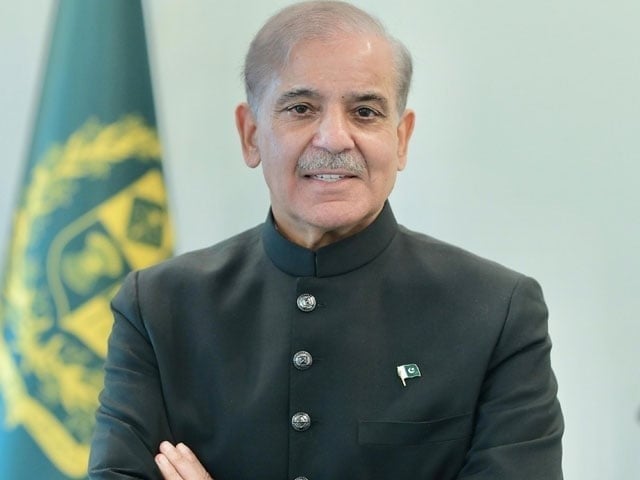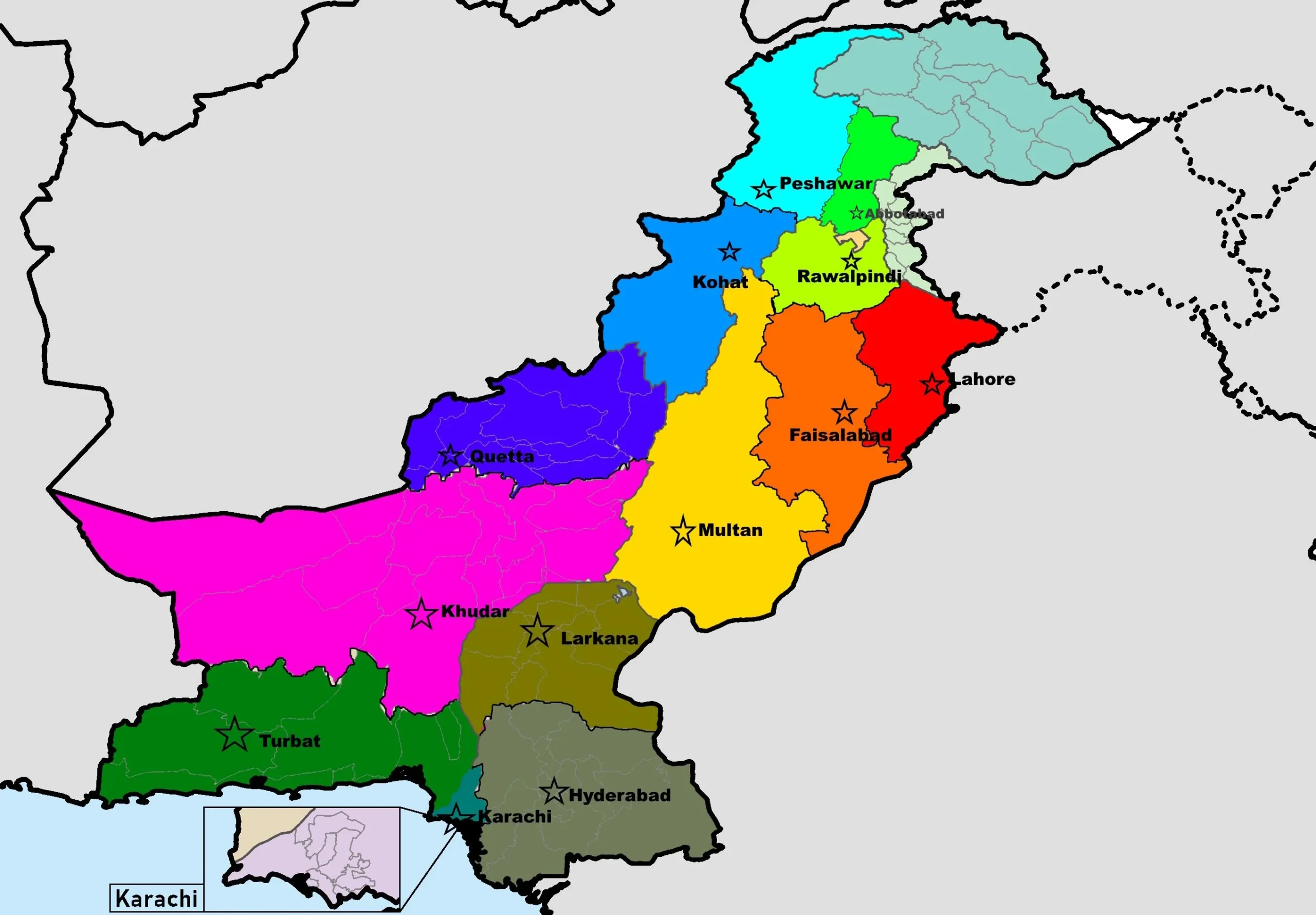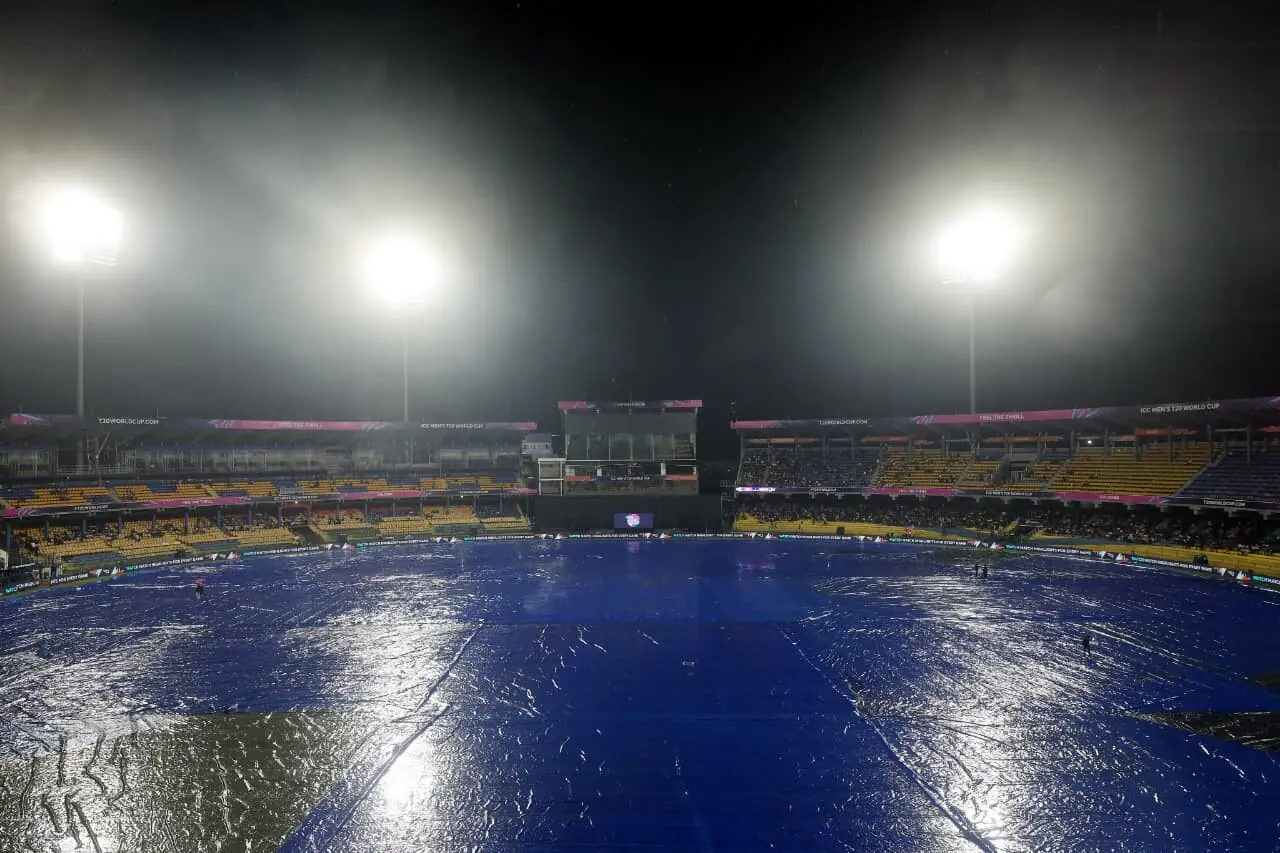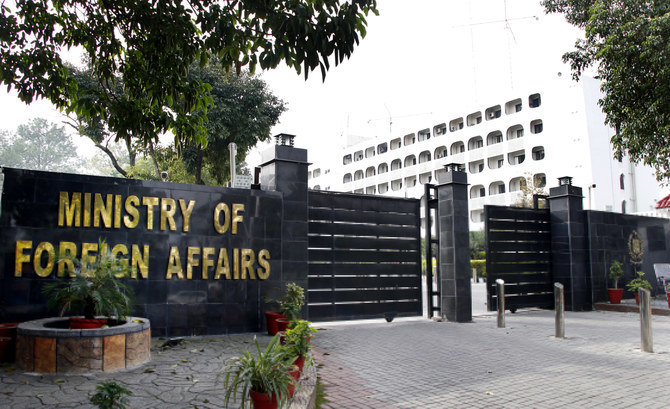Recently, the Islamabad High Court (IHC) suspended the Election Commission of Pakistan’s (ECP) order to change the Islamabad Election Tribunal and reinstated the Justice Tariq Mahmood Jahangiri tribunal. This decision came after the court heard a petition filed by the PTI against the ongoing proceedings related to the Election Amendment Ordinance and the change of tribunal in the ECP.
During the hearing, Chief Justice Aamer Farooq, expressing his strong concerns, issued a contempt of court notice to PML-N Member National Assembly (MNA) Anjum Aqeel Khan. The CJ questioned the urgency under which the Election Amendment Ordinance was issued overnight, criticizing the trend of running the government through ordinances. He also expressed disapproval of the biases against the judge seen by the election commission.
Moreover, the court inquired whether Anjum Aqeel had requested the ECP to change the tribunal and questioned the reasons behind the request. Anjum apologized for his actions, stating that there was a mistake in his choice of words and it was not intentional. The exchange between the judge and Anjum led to the court suspending the ECP’s order to change the Islamabad Election Tribunal and issuing a contempt of court notice to Anjum Aqeel, thereby reinstating the previous tribunal.
The hearing was adjourned till July 9, and the CJ’s anger over the change of the Election Tribunal in Islamabad was again evident. He expressed dissatisfaction with the reasons behind the tribunal’s change and criticized the decision to issue an ordinance overnight. The court also questioned the behaviour of the ECP and expressed disapproval of the lack of proper procedures in the decision-making process.
In response to the developments, the electoral watchdog approved all three requests from PML-N MNA, seeking a change of tribunal in Islamabad and mandated the tribunal’s transfer. However, PTI lawyers challenged the ECP’s proceedings against the election tribunal in the IHC and requested adequate time to present their case.
Overall, the court’s decision to suspend the ECP’s order and the subsequent discussions highlighted the critical examination of the election process and the need for fair and transparent procedures.
















